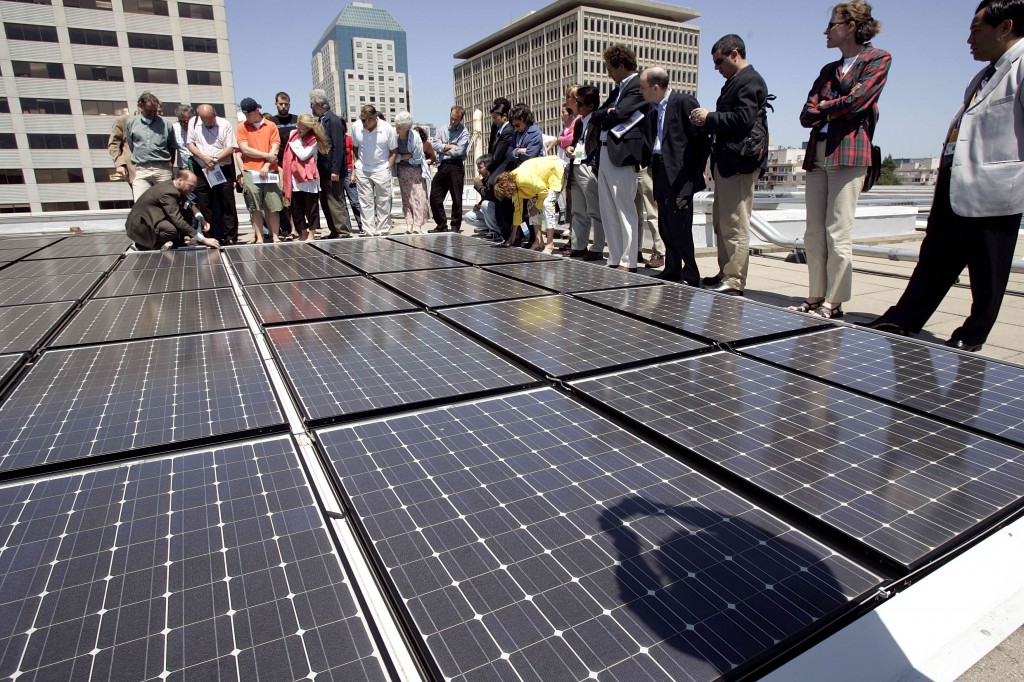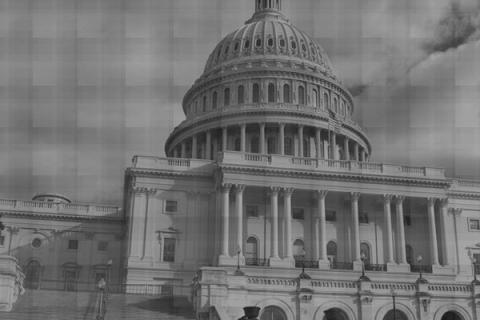In recent years, California has been at the forefront of embracing clean tech and implementing legislation focused on sustainability. The state has pursued an aggressive agenda when it comes to going “green”. Most notably the passage of both California’s Global Warming Solutions Act of 2006, which aims to drastically reduce greenhouse gas emissions, and a more recent 2011 state law that sets a 33 percent renewable portfolio standard for utility companies by 2020.
A new piece of legislation introduced by Assemblyman Paul Fong (D- Mountain View) seeks to combine California’s love of all things “green” with its penchant for adopting policies geared toward providing social justice. It seems that despite the state’s best efforts to push for widespread usage of renewable energy, there remains a significant disparity between lower-income communities and their more affluent counterparts.
Assembly Bill 1990 intends to equalize the installation of renewable energy projects by targeting neighborhoods with high unemployment rates and those that are disproportionately impacted by the generation of more traditional energy sources (i.e. electricity from the burning of fossil fuels). The bill, if passed, would require the state to install small-scale solar projects in these select communities throughout California between 2014 and the end of 2020- enough systems to produce 375 megawatts of renewable energy.
In addition to promoting clean energy and health, the bill also acts as an economic stimulus of sorts. AB 1990 promotes the hiring of local workers for project installation, and allows for revenue to be generated through the sales of unused energy to local utilities via a “feed-in tariff”.
There will be some difficulty in getting the bill to its final stages, as a balance must be struck between ease of implementation and protecting both the environmental and social justice goals as proposed. The bill will be up before the California Assembly Committee on Utilities and Commerce later this month.

